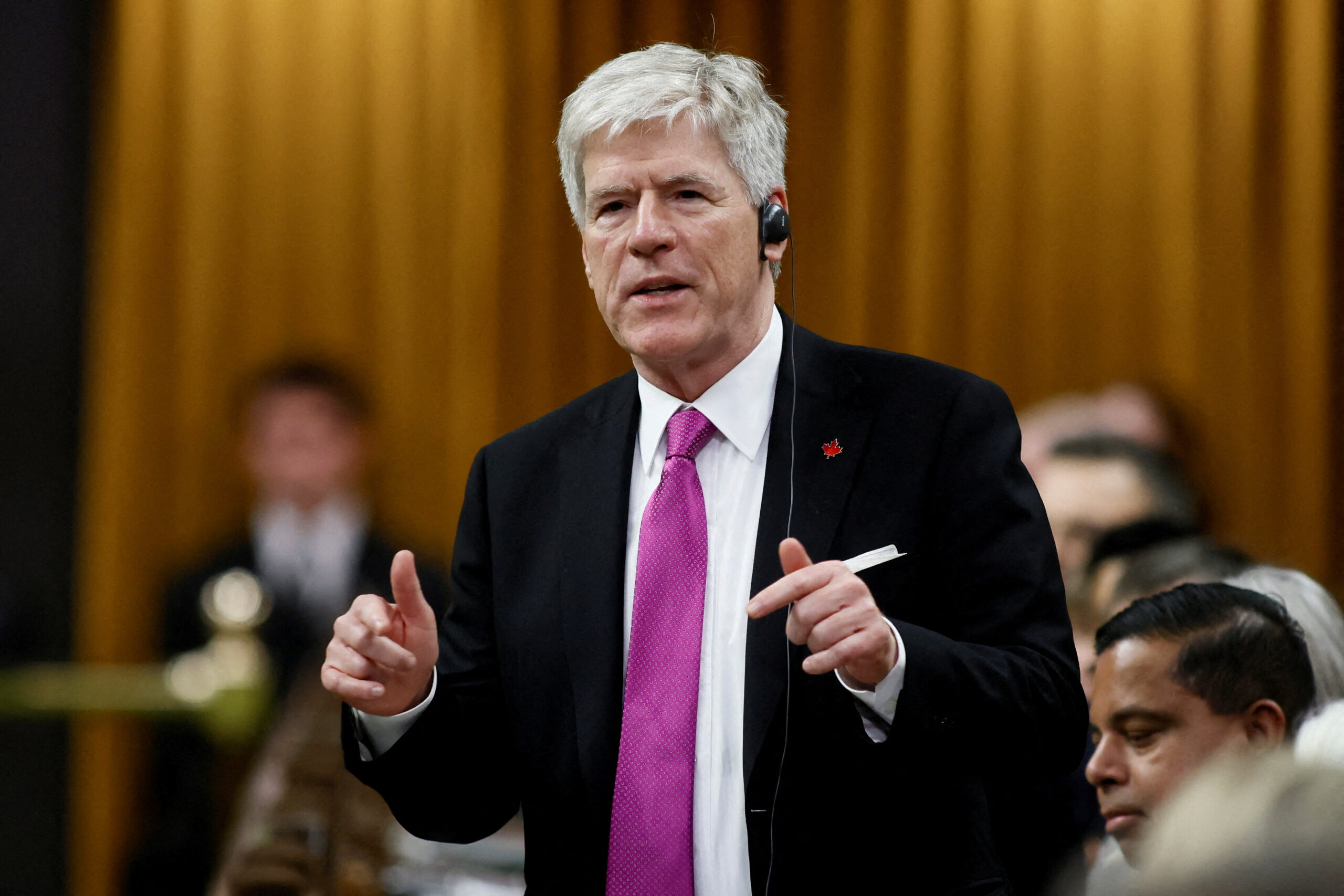Trump Faults Apple’s Manufacturing Shift to India
Apple, Samsung, Others to Risk 25% Trump Tariff
During his recent trip to the Middle East, Trump expressed his displeasure with Cook, the CEO of Apple, over the company’s proposal to use newly constructed factories in India to produce iPhones that would be marketed in the US.
Apple has been trying to diversify its manufacturing capacity for a number of years.
During Apple’s earnings call with investors earlier this month, Cook said that he anticipated “the majority of iPhones sold in the US will have India as their country of origin.”
Some iPhone manufacturing has already shifted to India.
Cook said on that call that he anticipated Apple to pay up to $900 million in tariffs this quarter.
But it might have been much worse: last month, Trump’s decision to spare electronics from his hefty tariffs on China was a major victory for Apple and other US IT businesses.
Samsung produces its smartphones outside of China, in contrast to Apple.
After losing market share to Chinese competitors, the South Korean electronics giant shut down its last phone manufacturing in China in 2019, while it continues to operate there.
The great bulk of Samsung’s smartphone production is done in South Korea, Vietnam, India, and Brazil, according to sources who previously spoke to CNN.
Even if he reduced his tax on the bulk of Chinese products from 145% earlier this month to at least 30%, a 10% universal duty still applies to most items entering the US.
Wedbush Securities believes that around 90% of Apple’s iPhone manufacture and assembly takes place in China.
The president’s Middle East tour began last week with a meeting between Trump and Cook in Riyadh.
He criticized Cook in Qatar over his intention to manufacture iPhones for the US in India.
In Qatar last week, Trump said, “I had a little problem with Tim Cook.”
“You’re my friend, Tim,” I told him. “I was quite kind to you. You’re bringing $500 billion with you. However, I’ve heard that you’re constructing across India. You shouldn’t construct in India, in my opinion.”
An administration official told CNN that Cook and Trump had another meeting at the White House on Tuesday. The meeting’s topic was not disclosed by the official.
In an interview with Fox News on Friday morning, Treasury Secretary Scott Bessent said that Trump is attempting to “bring back precision manufacturing to the US.”
Bessent said, “I believe that one of our biggest weaknesses is this external production, particularly in semiconductors, and a significant portion of Apple’s components are in semiconductors.”
“Therefore, we would like Apple to assist us in strengthening the security of the semiconductor supply chain.”
Because of its collaboration with TSMC, which recently established a chip manufacturing facility in Arizona, some of Apple’s chips are already produced in the US.
A request for comment was not immediately answered by the business.
“Those jobs are not returning.”
The most valuable publicly listed firm in the world is well-funded and makes more money than any other company in history.
However, Apple has long argued that it is unable to produce iPhones in the United States.
Apple has spent billions of dollars on overseas training for millions of highly qualified engineers.
With their enormous populations, China and India just have more highly qualified engineers than the US.
Additionally, paying those employees costs Apple a lot less.
news via inbox
Get the latest updates delivered straight to your inbox. Subscribe now!




